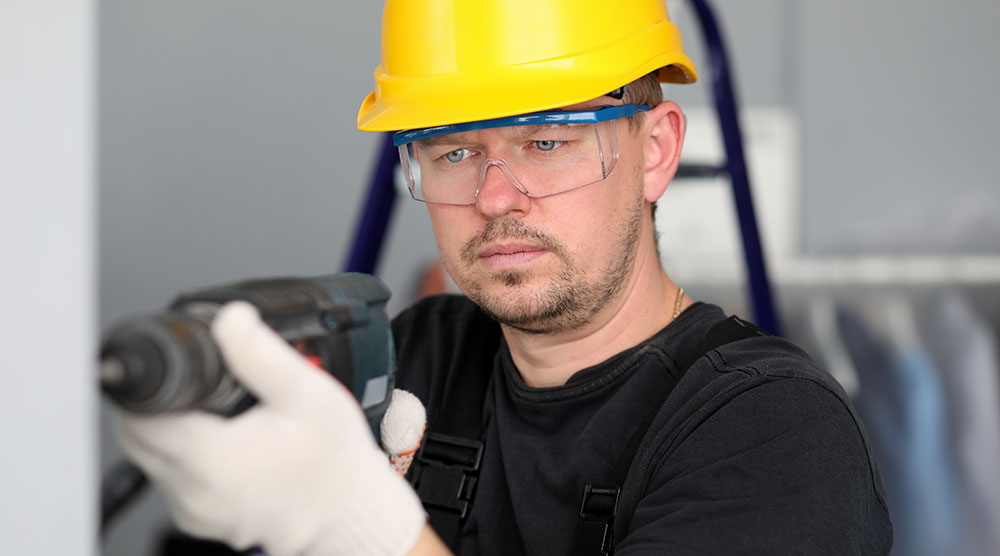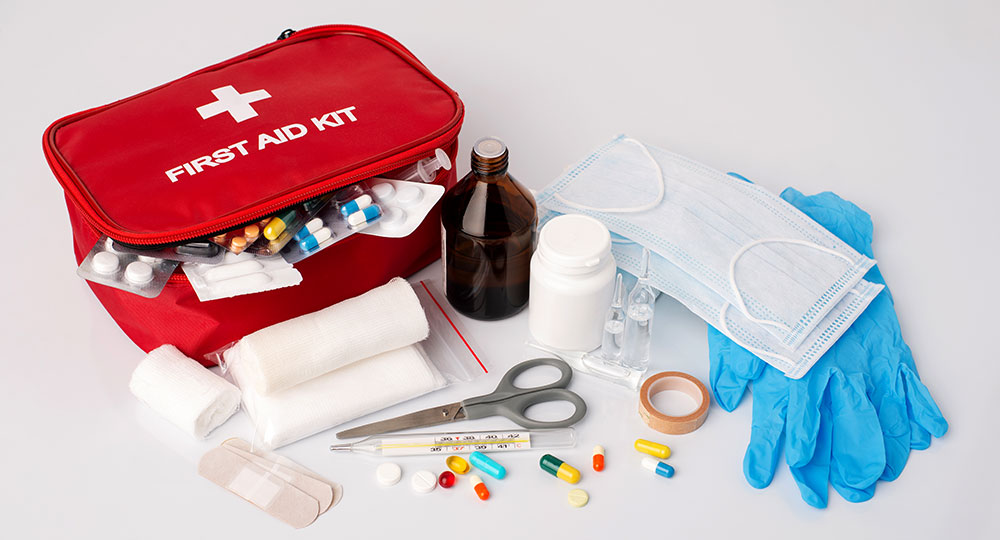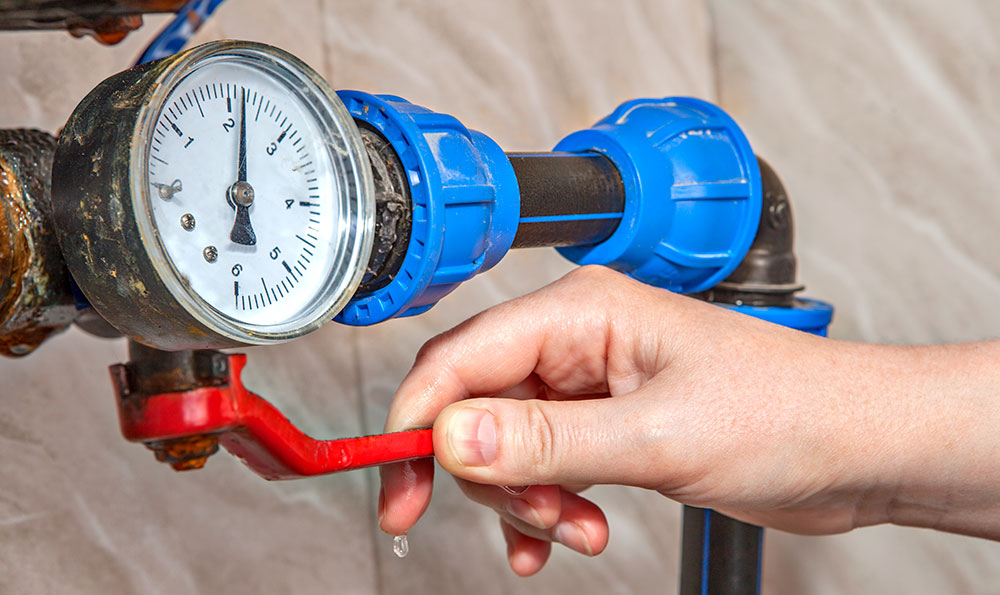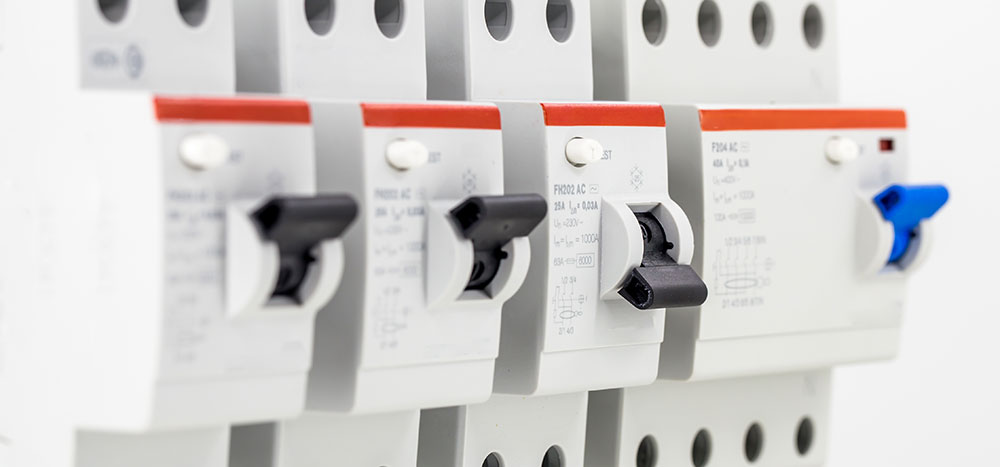Safety Tips

From building the foundation to the final painting, all aspects of house building are an art form and are carried out by qualified professionals selected by the builder. By following the homeowner’s maintenance guide tips, you can resolve small problems before it becomes big ones. Your home will retain its value, and you will experience the pride of ownership for many years to come.
This guide is not intended as a step-by-step do-it-yourself guide, but it does provide useful information on how to care for and maintain the home.
Please note that repairs carried out by the homeowner or persons authorized by the homeowner can invalidate the manufacturer’s or manufacturer’s guarantee on the repaired item.
While knowing what to do before making repairs is essential. Knowing when to stop is also crucial. If the project is more complicated than you initially thought and beyond what you can handle… please stop. Contact someone who is more experienced than you preferably a licensed contractor.
It is better to acknowledge the lack of knowledge than complicate the problem which will inevitably lead to unexpected expenses.
Personal Safety
An accident happened. They are called accidents because they should never have happen. They often occur because the victim lacks preventive measures.
As homeowners, invest a few dollars in protecting your eyes, and proper shoes and gloves to prevent injury. Always wear long sleeves and gloves when working on fiberglass insulation. After completing the project, you should shower as soon as possible.
Every family should have one or more ladders. When choosing a ladder, make sure it meets the requirements for your arms’ reach and weight. Never use aluminum ladders when working on or near electrical equipment. For most applications, a fiberglass conductor is recommended. Pay particular attention to the warning signs on the ladder. They are there to protect you.
It is essential to understand how to use all household tools. Please read all the enclosed instructions carefully before attempting to use the tool.
If your home has a household backup generator, please read the manufacturer’s maintenance manual before performing regular maintenance.

A first aid kit must always be available. Remember, using common sense while working at home can help avoid the trauma of going to the emergency room.
Run Over Emergency
Every qualified person in your household should know where the main shut-off valve and switch are and how to turn them off in an emergency.

Electricity
Electricity has no friend. Never attempt electrical repairs unless you know exactly what you are doing.
If other services or major repairs are required, please call a licensed technician.
Even if you try to make minor repairs, you need to turn off the power to the devices in use. This must be done in the circuit breaker box. Turning off the wall or the light bulb switch does not always prevent electric shock.
Do Not try any electrical repair unless you are Qualified and Licensed!
Every socket, every light, and every electrical device is controlled by the circuit breaker in the main switch box. Each circuit should be labeled, and you should know how it works. Never try to circumvent the purpose of the circuit breaker.
If it “trips” frequently, it usually indicates a more serious problem. Call a qualified licensed electrician. The following simple steps can help prevent severe electric shock:
- Open the circuit breaker box and find a suitable circuit breaker. Turn it off.
- Close the panel door and put a note on the front of the box to let others know
You turned off the circuit breaker and didn’t touch anything.
If the panel can be locked, please lock it.
